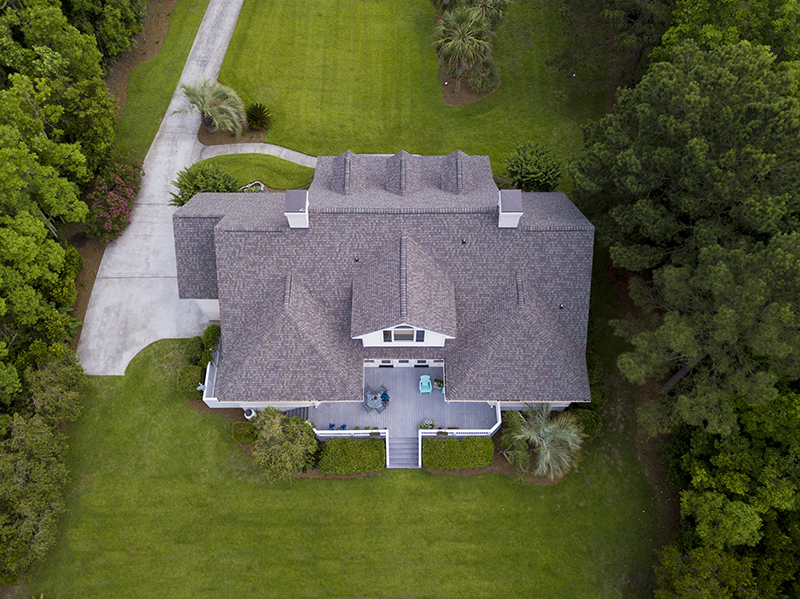Investing in real estate will eventually demand the question of you: is it better to invest in single-family or multi-family properties for rental income? The answer is yes. Neither of the properties has to be better. Based on your portfolio and location, one may work out more in your favor, but as the market shifts – and we know it will shift – you could easily find it more fitting to invest in the opposite. So, before you write off buying a group of apartments or think a single-family home would be too costly for the return, check out our advantages to each.
Advantages Of Single-Family Properties
A single-family property doesn’t have to be the traditional stand-alone home with a fence and garage. For investment purposes, this property could include a single condo, townhouse, or detached home.
- No neighborly feuds: When you own apartments, there’s a likelihood that eventually the neighbors won’t get along. Late night phone calls may press you to get involved, but in many cases there’s not much a landlord can do. Single-family homes help relieve that problem.
- Less maintenance: Both by volume and severity, you’re likely to have fewer maintenance request calls from single-family properties. In addition, you don’t have commons area to maintain and can require the renter to take care of yard work with a single-family home.
- Easier to finance: Long-term, fixed-rate financing make loans for single-family properties relatively inexpensive. Plus, if you know how to use Subject To real estate investing, you can buy properties with little to know money down and bypass the lender approval process.
- Diversification: Buying single-family properties allows you to invest in a number of different neighborhoods, where the clientele and pricing can be different for each. When one property isn’t performing well, another rental can help make up the difference.
- Liquidity: If a situation arises that calls for you to sell off a property quickly, single-family homes are easier to unload. You can market to first-time homebuyers, expanding families, or those looking to downsize. You’re market for a multi-family property is much smaller.
Advantages Of Multifamily Properties
Residential properties that consist of more than one unit – apartments, duplex, condos – will serve as multi-family properties for the purpose of listing advantages.
- Easier to manage: If the size of the property calls for it, you can hire an on-site manager who handles the calls and requests from tenants.
- Economies of scale: Repairing the roof on a single-family home is much more costly when you consider it benefits just one of your rental properties. Multi-family property repairs instantly improve the living for many tenants. You’ll have a lower price per unit with multi-family properties.
- Financing: Lenders can limit how many single-family home loans you have, but multi-family properties allow you to own more units with fewer loans required. Commercial loans typically don’t get reported to your personal credit and can have more flexibility on profitable properties.
- Cash flow: While this isn’t a guarantee, investing in multi-family units typically offers a higher cash flow.
If you’re deciding which type of property to invest in, consider the advantages listed above, knowing that each offers a benefit to your real estate investment portfolio.
A single-family property doesn’t have to be the traditional stand-alone home with a fence and garage. For investment purposes, this property could include a single condo, townhouse, or detached home.
- No neighborly feuds: When you own apartments, there’s a likelihood that eventually the neighbors won’t get along. Late night phone calls may press you to get involved, but in many cases there’s not much a landlord can do. Single-family homes help relieve that problem.
- Less maintenance: Both by volume and severity, you’re likely to have fewer maintenance request calls from single-family properties. In addition, you don’t have commons area to maintain and can require the renter to take care of yard work with a single-family home.
- Easier to finance: Long-term, fixed-rate financing make loans for single-family properties relatively inexpensive. Plus, if you know how to use Subject To real estate investing, you can buy properties with little to know money down and bypass the lender approval process.
- Diversification: Buying single-family properties allows you to invest in a number of different neighborhoods, where the clientele and pricing can be different for each. When one property isn’t performing well, another rental can help make up the difference.
- Liquidity: If a situation arises that calls for you to sell off a property quickly, single-family homes are easier to unload. You can market to first-time homebuyers, expanding families, or those looking to downsize. You’re market for a multi-family property is much smaller.
Residential properties that consist of more than one unit – apartments, duplex, condos – will serve as multi-family properties for the purpose of listing advantages.
- Easier to manage: If the size of the property calls for it, you can hire an on-site manager who handles the calls and requests from tenants.
- Economies of scale: Repairing the roof on a single-family home is much more costly when you consider it benefits just one of your rental properties. Multi-family property repairs instantly improve the living for many tenants. You’ll have a lower price per unit with multi-family properties.
- Financing: Lenders can limit how many single-family home loans you have, but multi-family properties allow you to own more units with fewer loans required. Commercial loans typically don’t get reported to your personal credit and can have more flexibility on profitable properties.
- Cash flow: While this isn’t a guarantee, investing in multi-family units typically offers a higher cash flow.
If you’re deciding which type of property to invest in, consider the advantages listed above, knowing that each offers a benefit to your real estate investment portfolio.


